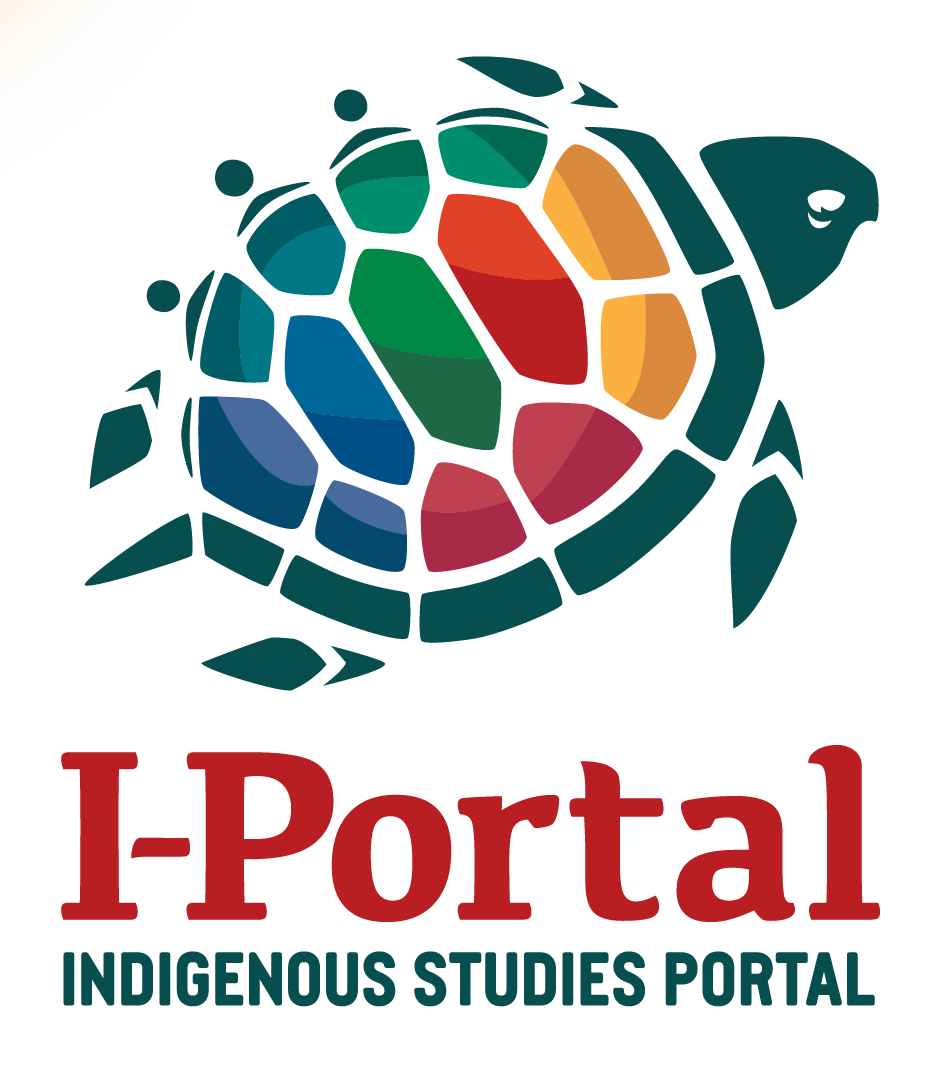Who Me?
Articles » General
Author/Creator
Chris Martinez
Tribal College Journal of American Indian Higher Education, vol. 18, no. 1, The Winding Road to Student Success, Fall, 2006, pp. 30-31
Description
Presents a poem titled, Who Me?, written by a student of Fort Peck Community College.
